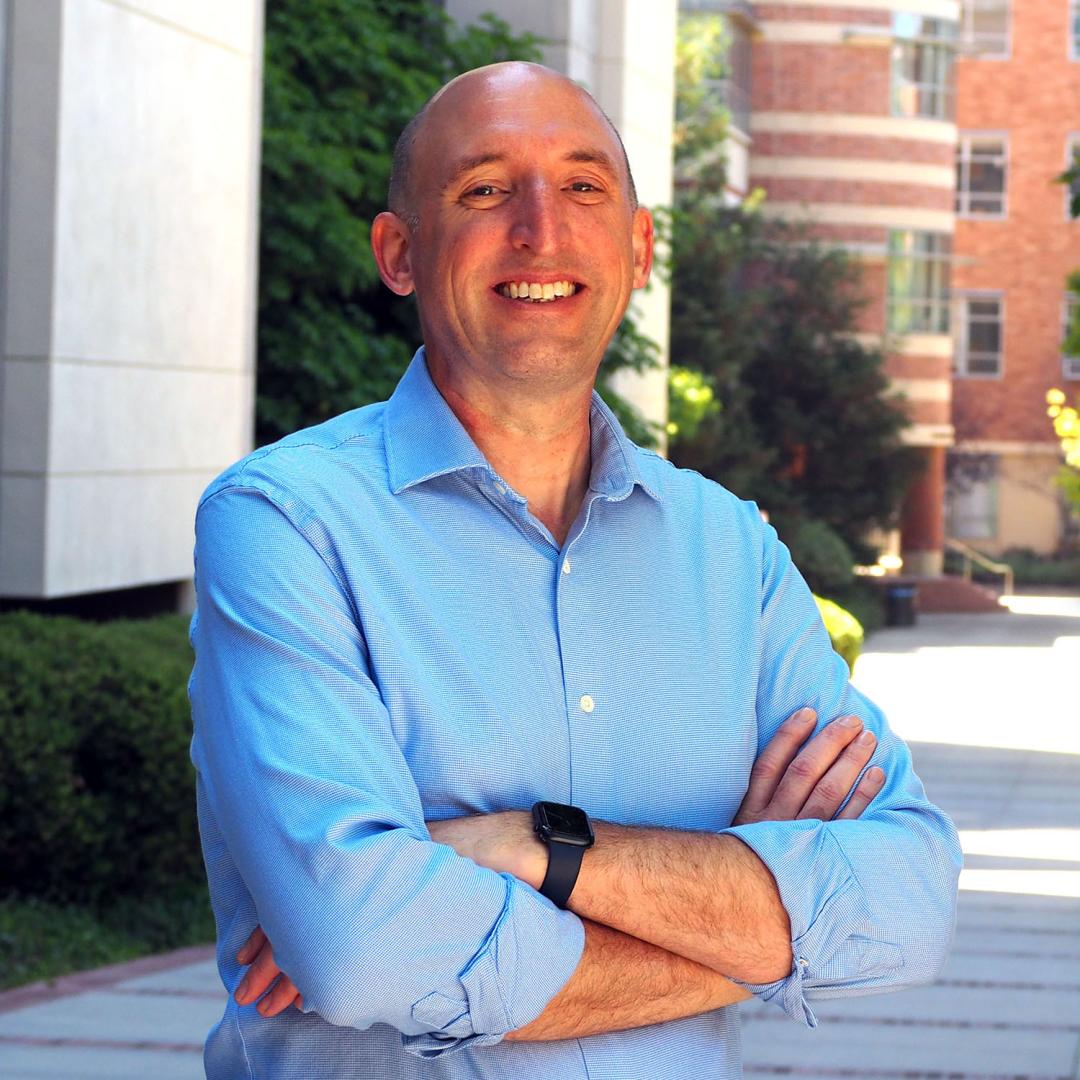
Filter News
Area of Research
- Advanced Manufacturing (3)
- Biology and Environment (48)
- Building Technologies (2)
- Clean Energy (104)
- Computational Biology (1)
- Computational Engineering (1)
- Computer Science (2)
- Energy Sciences (1)
- Fusion and Fission (4)
- Fusion Energy (2)
- Isotopes (3)
- Materials (47)
- Materials for Computing (13)
- Mathematics (1)
- National Security (10)
- Neutron Science (17)
- Nuclear Science and Technology (4)
- Quantum information Science (2)
- Supercomputing (28)
- Transportation Systems (2)
News Type
News Topics
- (-) Clean Water (28)
- (-) Coronavirus (29)
- (-) Fossil Energy (5)
- (-) Microscopy (34)
- (-) Nanotechnology (32)
- (-) Polymers (20)
- (-) Security (13)
- (-) Space Exploration (22)
- (-) Sustainable Energy (92)
- (-) Transportation (67)
- 3-D Printing/Advanced Manufacturing (74)
- Advanced Reactors (22)
- Artificial Intelligence (60)
- Big Data (44)
- Bioenergy (68)
- Biology (78)
- Biomedical (40)
- Biotechnology (15)
- Buildings (43)
- Chemical Sciences (36)
- Climate Change (76)
- Composites (16)
- Computer Science (128)
- Critical Materials (15)
- Cybersecurity (17)
- Decarbonization (59)
- Education (1)
- Emergency (2)
- Energy Storage (66)
- Environment (153)
- Exascale Computing (26)
- Frontier (26)
- Fusion (42)
- Grid (46)
- High-Performance Computing (55)
- Hydropower (11)
- Irradiation (2)
- Isotopes (33)
- ITER (5)
- Machine Learning (34)
- Materials (79)
- Materials Science (88)
- Mathematics (9)
- Mercury (10)
- Microelectronics (2)
- Molten Salt (6)
- National Security (43)
- Net Zero (10)
- Neutron Science (77)
- Nuclear Energy (79)
- Partnerships (17)
- Physics (37)
- Quantum Computing (24)
- Quantum Science (41)
- Renewable Energy (1)
- Simulation (38)
- Software (1)
- Statistics (2)
- Summit (36)
- Transformational Challenge Reactor (3)
Media Contacts
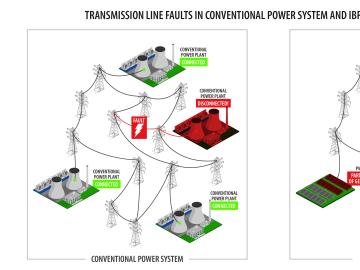
Researchers at the Department of Energy’s Oak Ridge National Laboratory are leading the way in understanding the effects of electrical faults in the modern U.S. power grid.
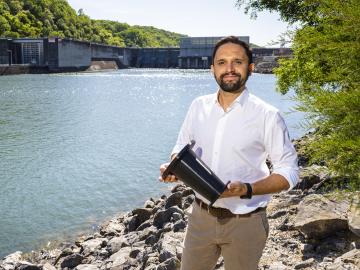
Mirko Musa spent his childhood zigzagging his bike along the Po River. The Po, Italy’s longest river, cuts through a lush valley of grain and vegetable fields, which look like a green and gold ocean spreading out from the river’s banks.
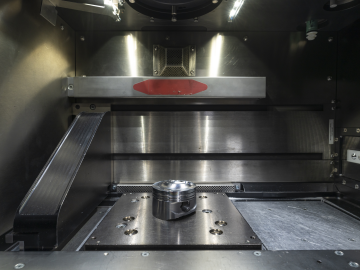
Dean Pierce of ORNL and a research team led by ORNL’s Alex Plotkowski were honored by DOE’s Vehicle Technologies Office for development of novel high-performance alloys that can withstand extreme environments.

Yarom Polsky, director of the Manufacturing Science Division, or MSD, at the Department of Energy’s Oak Ridge National Laboratory, has been elected a Fellow of the American Society of Mechanical Engineers, or ASME.
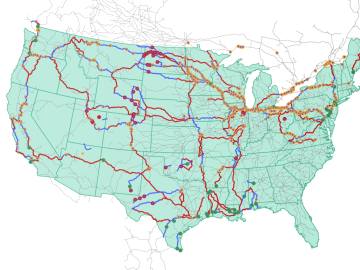
Oak Ridge National Laboratory researchers used images from a photo-sharing website to identify crude oil train routes across the nation to provide data that could help transportation planners better understand regional impacts.
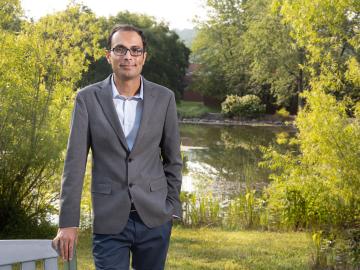
Growing up exploring the parklands of India where Rudyard Kipling drew inspiration for The Jungle Book left Saubhagya Rathore with a deep respect and curiosity about the natural world. He later turned that interest into a career in environmental science and engineering, and today he is working at ORNL to improve our understanding of watersheds for better climate prediction and resilience.
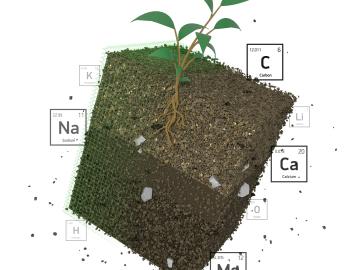
Oak Ridge National Laboratory researchers recently demonstrated use of a laser-based analytical method to accelerate understanding of critical plant and soil properties that affect bioenergy plant growth and soil carbon storage.
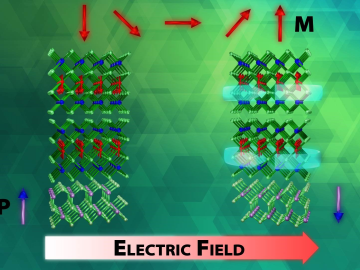
An advance in a topological insulator material — whose interior behaves like an electrical insulator but whose surface behaves like a conductor — could revolutionize the fields of next-generation electronics and quantum computing, according to scientists at ORNL.
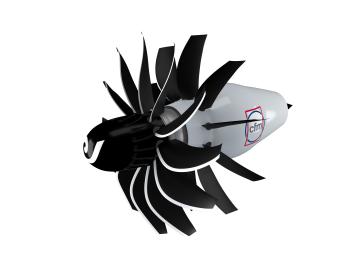
To support the development of a revolutionary new open fan engine architecture for the future of flight, GE Aerospace has run simulations using the world’s fastest supercomputer capable of crunching data in excess of exascale speed, or more than a quintillion calculations per second.
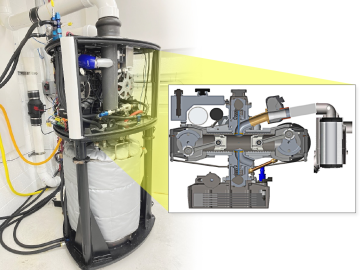
ORNL researchers, in collaboration with Enginuity Power Systems, demonstrated that a micro combined heat and power prototype, or mCHP, with a piston engine can achieve an overall energy efficiency greater than 93%.


